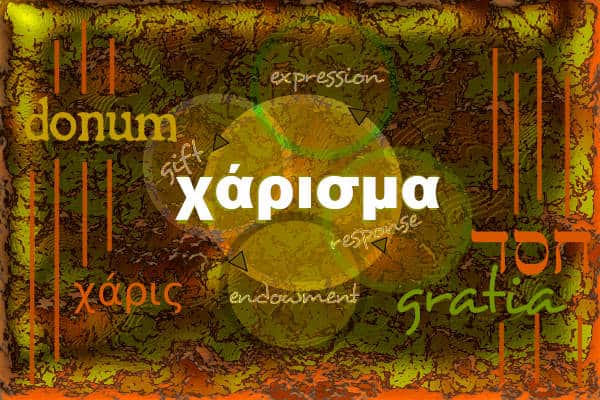The following are quotes from the principal sources on the real Francis Xavier and the legend of his speaking in tongues. This is a quotes only document — a comparative analysis of all this information is in the final stages and will be posted as a separate article.
The debate and controversy that surrounded St. Francis Xavier’s alleged speaking in tongues was a source of internal friction within Catholicism, especially the among the Jesuits themselves, and a rallying point for Protestants. The real Francis Xavier did not speak in tongues, but the legend of Francis did.
How this legend began and grew is an interesting and complex story.
This leads into a journey about how Medieval Catholics viewed speaking in tongues; what it meant to them, how it was applied, and the politics that surrounded this practice.
The legend of Francis Xavier speaking in tongues ranks within the top five themes throughout the two-thousand-year history of the christian doctrine of tongues. There is no doubt that this legend is the most complex one out of any documents in the Gift of Tongues Project. There are numerous reasons why the mystery of Francis Xavier is difficult. The original documentation is multilingual; spanning Spanish, Portuguese, Italian, Latin, and French. The subject is wrapped in Medieval Catholicism, which has its own unique history, customs, personalities and procedures that outsiders such as myself have a difficult time to grasp. Xavier’s gift of tongues is deeply embedded with international and national politics. The topic is shrouded in religious symbols and shifts into the Protestant realm where Rationalists especially took critical aim. It spans across continents and new worlds that most Europeans hardly knew at the time. The maps, names and locations mentioned in the texts are far from the modern English mind.
This article is produced to meet a requirement of the Gift of Tongues Project which is the digital capturing of source texts. The following are actual quotes from testimonies, writers, and publications that highly influenced and perpetuated this myth. These are actual quotes with little or no commentary from myself relating to Xavier speaking in tongues. They are organized according to date; from the earliest publications shortly after Xavier’s death, all the way into the twentieth-century. The Italian, Spanish and Portuguese originals are not digitally captured because I have no knowledge of these languages or the ability to do data-entry in them. However, links to the original text along with an English translation is supplied where appropriate.
This file is designed for the researcher, not for the casual reader. This is the longest article found in the Gift of Tongues Project because of the amount of source material. It may take a few moments to load the full contents into the browser, please be patient.
TOC
- Pedro de Ribadeneira
- Giovanni Pietro Maffei
- Horatius Tursellinus
- João de Lucena
- The Book Monumenta Xaveriana:
- Emanuel Fernandez
- Thomas Vaz
- Antonio Peirera
- Pope Urban VIII
- Daniello Bartoli
- Dominique Bouhours
- Pope Benedict XIV
- John Douglas
- Hugh Farmer
- Charles Butler
- Henry James Coleridge
- Andrew Dickson White
- A Jesuit response to Andrew Dickson White
- Edith Anne Steward
- James Brodrick
- Georg Schurhammer
Read more
